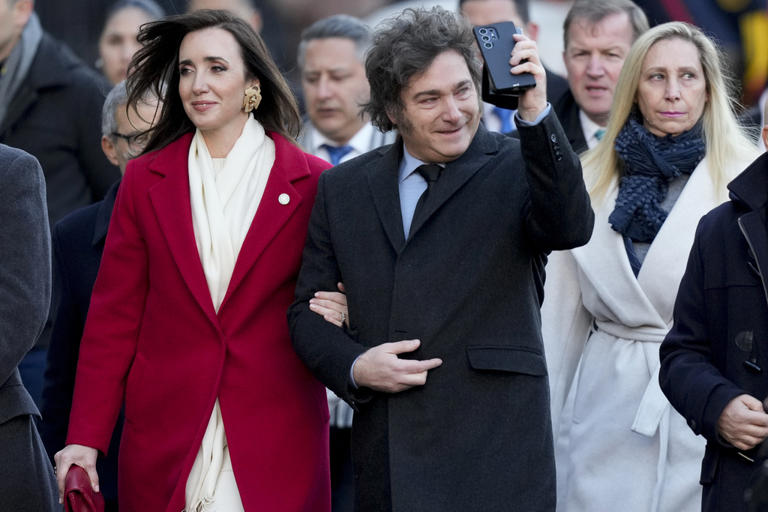Argentina, under President Javier Milei, is navigating through a tumultuous economic landscape defined by sharp policy shifts and persistent challenges. The recent uptick in inflation, rising to 4.6% in June from 4.2% in May, marked a reversal from a five-month trend of declining prices. This inflationary pressure has been a significant setback amidst Milei’s aggressive austerity measures aimed at stabilizing Argentina’s fragile economy.
Since assuming office in December, Milei has embarked on a radical economic overhaul characterized by stringent austerity measures. These measures include slashing longstanding energy subsidies, eliminating price controls, and devaluing the Argentine peso. The rationale behind these actions is to address chronic fiscal imbalances and restore macroeconomic stability over the long term. However, the immediate impact has been harsh for many Argentine citizens, particularly those in lower-income brackets.
The removal of energy subsidies has led to a dramatic spike in utility costs, notably for electricity and gas. Previously, low-income households benefited from heavily subsidized rates, paying only a fraction of the actual costs. Under Milei’s reforms, these subsidies have been drastically reduced, forcing households to bear a significantly higher financial burden. Middle-income families, too, have felt the impact as their energy expenditures have soared, adding strain to already tight household budgets.
Argentina’s economic indicators continue to paint a bleak picture. Despite brief periods of moderation, the country’s annual inflation rate remains alarmingly high, exceeding 271%. This persistent inflation has eroded purchasing power and exacerbated social inequalities, with the cost of living surging nearly 80% in the first five months of 2024 compared to the previous year. As a result, prices in Buenos Aires now rival those in major cities of developed nations, while wages have struggled to keep pace.
The currency market has also been volatile, with the Argentine peso depreciating sharply against the US dollar, particularly on the black market. This depreciation has widened the gap between the official and black market exchange rates, complicating Milei’s efforts to ease stringent currency controls and rebuild investor confidence. The resulting economic uncertainty has further clouded prospects for recovery, hindering efforts to stabilize the financial system and stimulate sustainable growth.
In seeking to address these challenges, Milei has turned to the International Monetary Fund (IMF) for support, despite Argentina’s substantial existing debt obligations amounting to $44 billion to the IMF alone. Milei’s administration hopes to secure a new IMF loan to bolster its reform agenda, particularly in dismantling capital controls and fostering economic liberalization. However, negotiations with the IMF have been cautious, with the fund emphasizing the need for comprehensive reforms and fiscal discipline before committing to any new financial assistance.
In summary, Argentina under President Javier Milei faces a complex and daunting economic landscape characterized by high inflation, currency volatility, and contentious austerity measures. The path forward requires navigating these challenges while balancing the immediate needs of citizens with the imperative of long-term economic stability and growth. Milei’s policies, though divisive, reflect a bold attempt to reshape Argentina’s economic trajectory amid turbulent global economic conditions.
